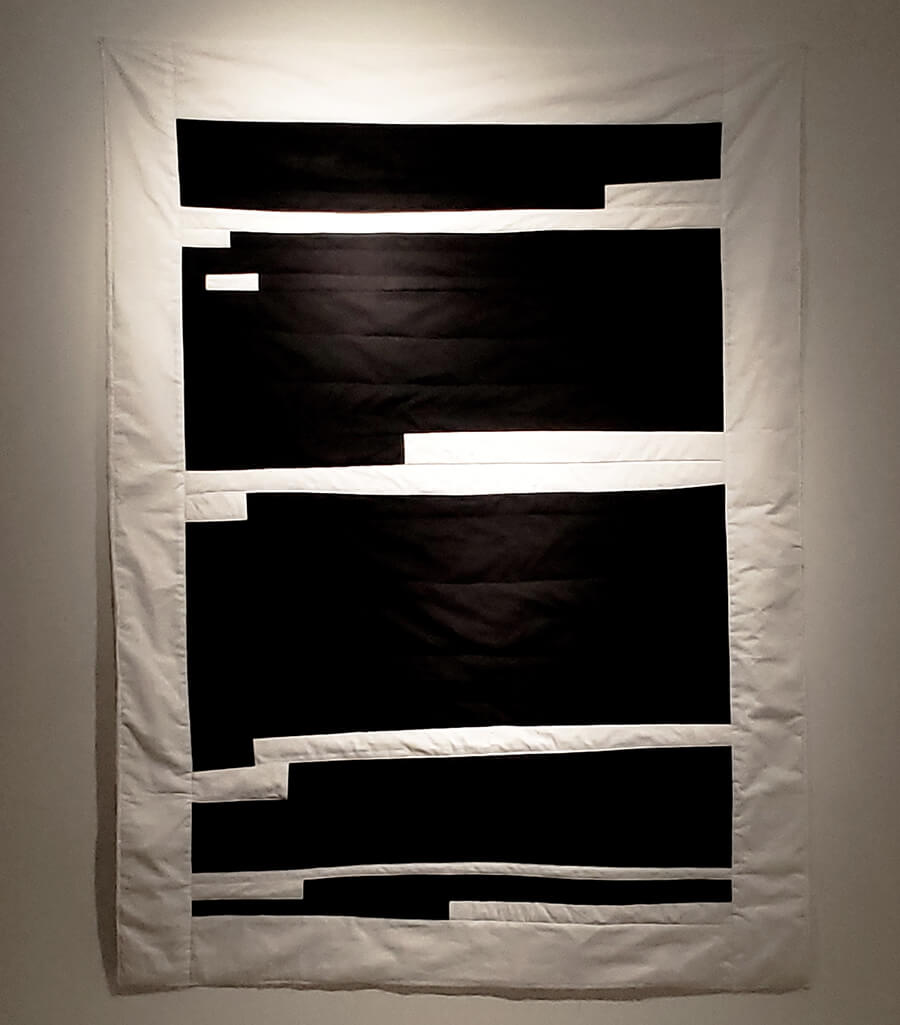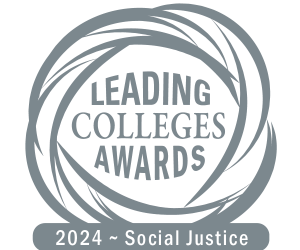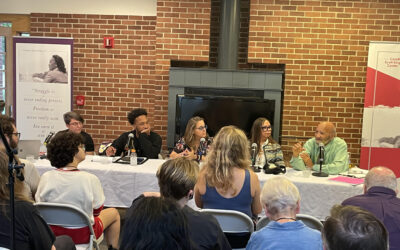Brooke Blackmon Bryan, chair of the writing program and assistant professor of writing and digital literacy, was interviewed for a Rewire article, “Why Analog Hobbies Make Us Feel Human,” delving into the reason so many people are baking, sewing, doing puzzles, and taking up other hobbies during this time of social distancing. Rewire is a nonprofit website published by Twin Cities PBS.
Bryan is aesthetic philosopher and oral historian who composes work in narrative, media, and textiles (she is an avid sewist and quiltmaker, and much of her research has revolved around the quilt).
She says we can see why physical hobbies are so fulfilling through the concept of ‘flow,’ coined by psychologist Mihaly Csikszentmihalyi.
“The experience of flow is where time falls away, you’re just in it,” Bryan said.
Flow feels like being “in the zone,” a mode of hyper focus. It’s an ideal psychological state. And it can be brought on by doing a physical activity at the very edge of your skill level.
That could be sewing, or running, or baking bread or playing an instrument.
These hobbies can bring you to that flow state because they’re not abstract. They’re physical, they’re something you can feel and touch and engage with.
“Your senses are engaged in perceiving the materials that you’re working with,” Bryan said. “It’s not an abstract experience, but it’s a sensuous experience.”
This is called haptic engagement. Touch is a language all its own, and it is linked with the way we think as humans.
As Bryan describes it, it’s the way we engage with the things our bodies were actually built to do, as opposed to sitting in a chair and staring at a computer.
Read “Why Analog Hobbies Make Us Feel Human” on Rewire…

“REDACTED/Harm to Ongoing Matter #1,” a quilt by Brook Bryan which takes its form from a heavily-redacted page from the Mueller Report (formally entitled the “Report On The Investigation Into Russian Interference in the 2016 Presidential Election” as released to the public in March of 2019.)



